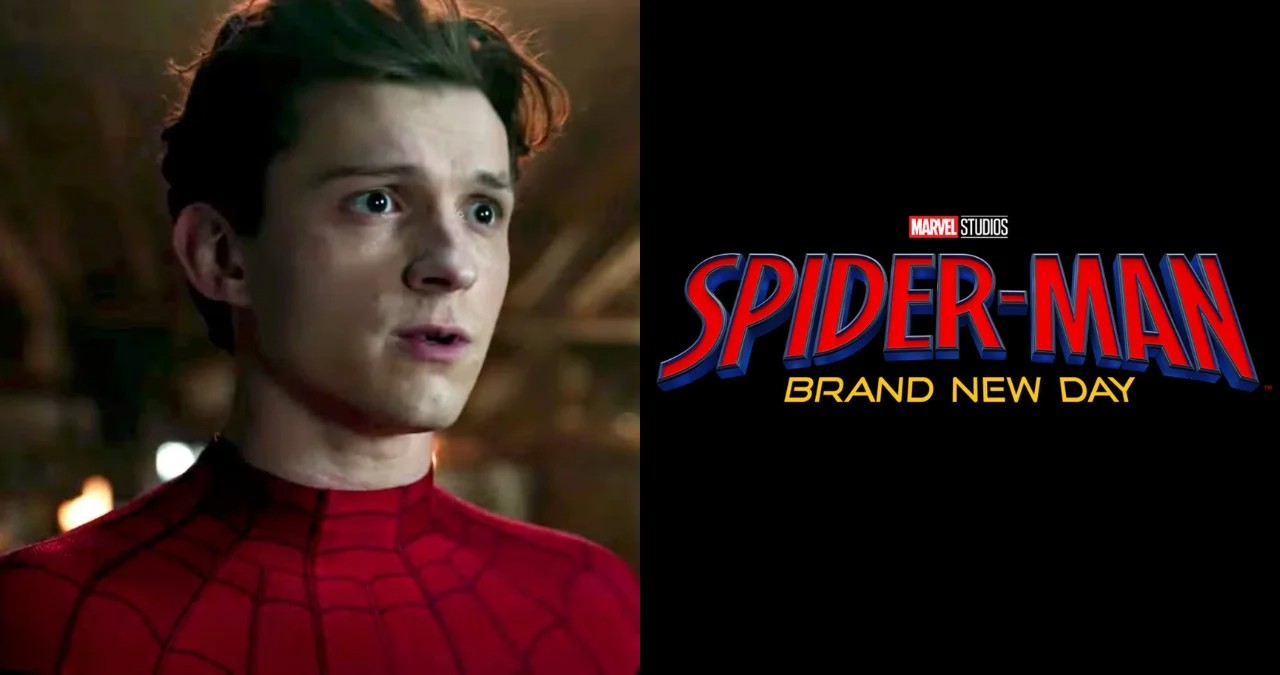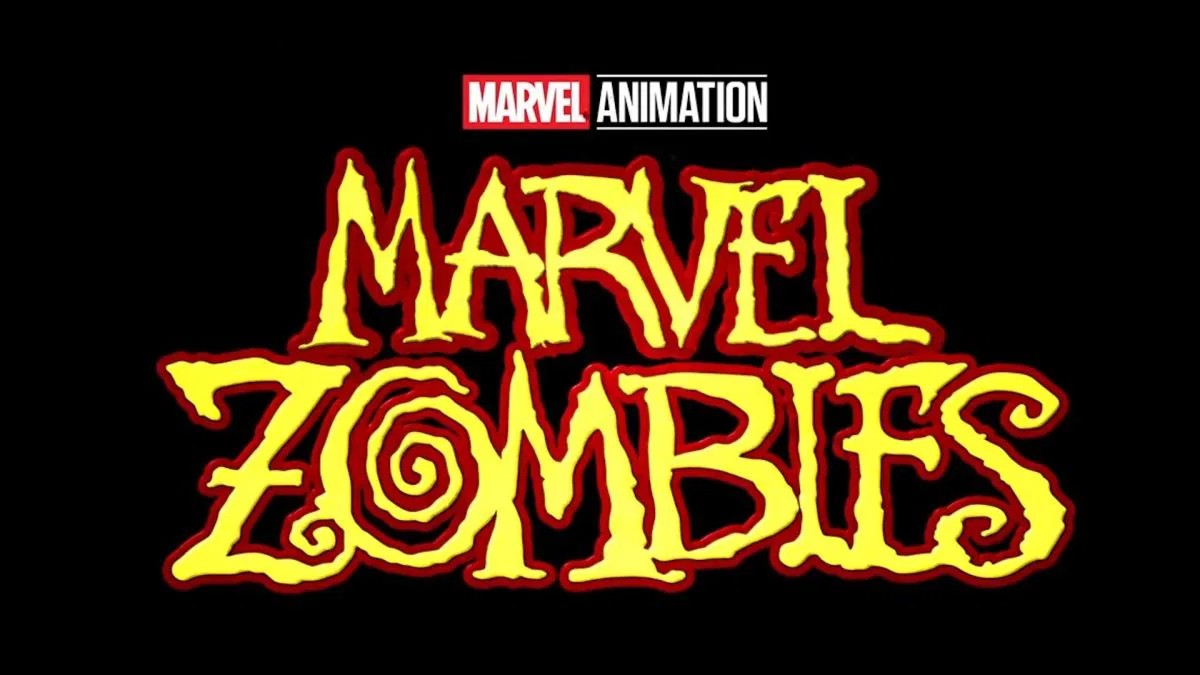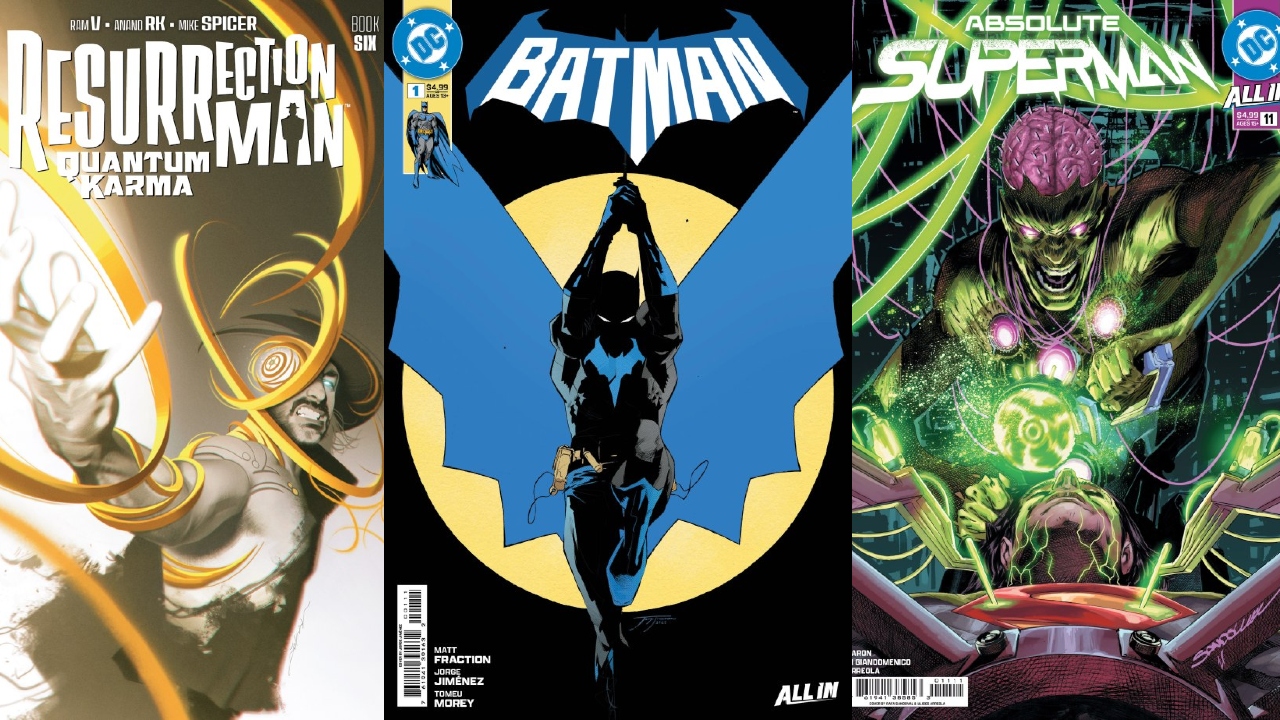![]()
Ridley Scott’s latest epic is a beautiful film. It’s masterfully shot. It’s wonderfully acted. The production value is second to none. Like any well-made period piece, it has an element to it where you truly feel transported to this place and time. Exodus: Gods and Kings is a good movie. Thing is, it could’ve been a great one.
Exodus is one of those films that, despite a running time of about two and a half hours, would’ve benefited from a few additional scenes. Unlike other films with a similar issue, though, there’s not much fat to point at and say “Yeah, that should’ve been trimmed to make way for something more important.” Everything that’s there should be there, and yet there should still be more.
One place where this becomes clear is in the early stages of us getting to know our hero, Moses, who is played by Christian Bale. Bale turns in another stellar performance in this film, and he’s such a natural on screen that you just believe him no matter what. This is a quieter role than his larger than life con man in last year’s American Hustle, and Bale demonstrates that he can underplay just as well as he can hit you over the head. With that said, the theatrical edit of the film glosses over one of his character’s life-altering moments early on.
While I tend to be very careful to avoid spoilers and plot summaries in my reviews, I feel this story is very well-trodden by now, so the sequence I’m about to describe shouldn’t be a big shocker. Still, proceed with caution if you don’t know the story of Moses and you want to go in cold.
It is established right away that Moses and Ramses, played by the excellent Joel Edgerton, are like brothers. It’s also established that Moses is a general in the Egyptian army, and is a large figure in their society being that he’s the cousin of the heir to the throne. When Moses learns of his true heritage- that he is of Hebrew descent, and that his mother isn’t really his mother- it leads to a confrontation with Ramses that ends with him being banished from the city of Memphis. Left for dead out in the desert with barely enough supplies to survive, a horse that dies of dehydration, and having to fight off assassins, it should go without saying that Moses is facing incredible hardship.
![]()
Yet everything I’ve just described happens with about eight minutes of screen time, and we don’t really get to see any of the internal effect this is having on Moses. Bale plays this part stoically, and perhaps a little too much so. I get the feeling there’s a larger scene or two in all of this that ended up on the cutting room floor. The man just found out this his whole life has been a lie. He’s lost his post as a respected leader. He’s lost his family. He’s been left for dead. And, worse yet, he has to confront the horror that he’s been aiding a ruling class that’s enslaved his actual people for over 400 years. The guilt and the crisis of conscience here is so important, yet it isn’t even touched on. It just kind of becomes a typical “lonely man on a quest” montage.
Also lost in those eight minutes are any explanations for why Sigourney Weaver is in this movie. She plays the mother of Ramses, and we’re told that she’s wanted Moses dead for quite some time. We never find out why. She only speaks three lines, at most, and is then never seen again. So there’s definitely something missing here.
Before I move on, I will say that there is one, brief moment, where we’re allowed to peer into the depths of our hero. When he returns home from his first confrontation with God up on the mountain, his leg shattered, his belief system turned upside down, he has a moment with his wife where he confronts the existential crisis he’s lived with since his banishment from Memphis. Bale plays the scene with the suffocating grief of a man shackled by his own guilt, who’s in desperate need for redemption. It’s great, but it just doesn’t make up for the initial lack of impact of the sequence I described earlier.
I can cite a few more examples of the film feeling like it’s missing a key scene or two in order for its emotional beats to land, but I think I’ve made my point clear on that matter. Scott tells a really complex, visceral tale, and it’s top flight entertainment. He imbues the story with enough action and spectacle that it never gets boring.
Tonally speaking, there are some interesting elements in the script. For one thing, this version of Moses seems to have been an atheist for much of his life, and his initial conversation with God is given a bit of a “did that really happen?” twist because his head was struck by a large rock. So, at first, you wonder if Scott is going to play around with the religious elements of the story, but as the film wears on it becomes clear: This is definitely a spiritual film. There is a God in this world, he has incredible powers, and Moses has a direct line to him. Seeing Moses transform from a non-believer to a devout servant of God gives the character a nice arc.
Something else I admired about the script is that Ramses isn’t portrayed as your typical Hollywood villain. In fact, he’s given a few of the more touching lines, and is depicted as suffering some of the film’s greatest atrocities. The script wishes to convey that he’s not inherently evil. He just lives in fear, and few things are as treacherous as a man who lives in fear that also happens to have great power and influence. The character of Ramses in Exodus is a portrait of what happens when men motivated by fear and insecurities are put in a position of power, and how that combination can be lethal to those around them.
I should take a moment to discuss the casting for this movie, since it has been a topic of some controversy. I’ll be the first to admit that I didn’t initially care when I heard that Bale and Edgerton were portraying an ancient Hebrew man and an Egyption, respectively. I’m not one of those people that gets all bugged out about that stuff. However, I will say that while watching the film itself the casting is a little jarring at first. When the film opens, we’re treated to these sweeping shots of monuments being built in Memphis, we see a lot of people that look the way you imagine people from that period and place would look, and it does get a little weird to see these white actors walking around speaking with British accents. When I initially saw John Turturro sitting around in robes, with eyeliner on, playing Egyptian Pharoah Seti, I had to stifle a laugh. Moments later, I was relieved to see I wasn’t alone as a woman sitting a few rows ahead of me let out a loud howl of laughter.
![]()
But I will say that this initial feeling of “I’m pretty sure they didn’t look or sound this way,” wore off as the film continued and I was sucked into the world Scott created. No harm, no foul. At least not for me.
Exodus: Gods and Kings is a worthy entry in Ridley Scott’s considerable body of work. It takes the classic story of Moses, mixes in enough Gladiator-style presentation and top tier special effects to make it relatable to even the most cynical non-believer (i.e. Me). I have no doubt that there will be some sort of Director’s Cut that will elevate the film from good to great, but as it is now, it’s pretty darn good. Go see it, but be kind to your bladder and visit the John before it begins.
SCORE: B

 FOR FANBOYS, BY FANBOYS
Have you checked out LRM Online’s official podcasts and videos on The Genreverse Podcast Network? Available on YouTube and all your favorite podcast apps, This multimedia empire includes The Daily CoG, Breaking Geek Radio: The Podcast, GeekScholars Movie News, Anime-Versal Review Podcast, and our Star Wars dedicated podcast The Cantina. Check it out by listening on all your favorite podcast apps, or watching on YouTube!
Subscribe on: Apple Podcasts | Spotify | SoundCloud | Stitcher | Google Play
FOR FANBOYS, BY FANBOYS
Have you checked out LRM Online’s official podcasts and videos on The Genreverse Podcast Network? Available on YouTube and all your favorite podcast apps, This multimedia empire includes The Daily CoG, Breaking Geek Radio: The Podcast, GeekScholars Movie News, Anime-Versal Review Podcast, and our Star Wars dedicated podcast The Cantina. Check it out by listening on all your favorite podcast apps, or watching on YouTube!
Subscribe on: Apple Podcasts | Spotify | SoundCloud | Stitcher | Google Play



